Anorexia Nervosa is an eating disorder that is distinguished by restrictive eating, intense fear of gaining weight, and a distorted perception of weight. People with anorexia spend a large part of their life doing what they can to control their rights and go to extremes to keep their weight low. Their focus on their weight is so severe that it interferes with their life and is dangerous to their physical health. Anorexia is not about food, but related to an inability to handle extreme emotional stressors healthily.
Anorexia is far less common in males than in females. Anorexia can affect people of all ages, genders, sexual orientations, races, and ethnicities. Although the disorder most frequently begins during adolescence, an increasing number of children and older adults are also being diagnosed with anorexia. Just because a person is not immensely underweight or a person is not visibly emaciated, does not mean they do not suffer from anorexia. Studies have found that individuals of all body types can have anorexia.
Anorexia nervosa commonly begins during adolescence or young adulthood. It rarely begins before puberty or after the age of 40. The onset of this disorder is often associated with a stressful life event, like leaving home for college. There may be a genetic component to those who are at higher risk of developing anorexia. It is still not clear which genes are involved. People that have a genetic tendency toward perseverance, perfectionism, and sensitivity are all traits associated with anorexia. Other people with anorexia may have obsessive-compulsive personality traits, which contribute to their ability to stick to strict diets. High levels of anxiety play a role in their ability to engage in restrictive eating. Finally, in the modern Western world, there is an emphasis and pressure on being thin. Being thin is attributed to being successful and beautiful, and striving toward this goal may play a role.
There are several physical symptoms related to anorexia nervosa. They may include:
Suicide risk is elevated in anorexia nervosa, with rates reported as 12 per 100,000 per year.
There is no perfect way to approach a loved one that you assume or know is struggling with anorexia. Since the desire to remain thin is their biggest concern, even over their health, your loved one may not be interested in seeking help, no matter what you say. If you notice that a family member or friend has severe dieting habits and dissatisfaction with appearance, or low self-esteem, consider talking to him or her about these issues. Urge them to talk to their doctor. Even though you may not be able to prevent your loved one from developing anorexia, you can still talk about healthier behavior or treatment options. You must reassure your loved ones that they will not be alone and that you will support them in getting the help they need.
People with anorexia can recover, but they have an increased risk of relapse during periods of high stress or triggering situations.It is important to have ongoing therapy or periodic appointments during times of stress as well as nutrition education for continued recovery. Treating anorexia is generally done with a team approach due to the physical aspects that impact the body. The team usually includes dietitians, mental health professionals, and doctors.
This is the only evidence-based treatment for teenagers with anorexia. Teenagers with anorexia are unable to make good choices about eating and health while suffering from anorexia. This type of therapy prepares their parents to help their child with re-feeding and weight restoration until their child can make good choices about health. Family therapy is also helpful because it allows the family to understand and realize the roles they are playing in supporting the disordered eating, and suggests ways the family can help the person with anorexia acknowledge the problem and seek out treatment.
Psychotherapy is the most common treatment for anorexia and has the greatest research support. One goal of psychotherapy is to normalize eating patterns and behaviors to support weight gain. Cognitive-behavioral therapy, specifically enhanced cognitive behavioral therapy, has been shown to help. Cognitive-behavioral therapy will often focus on identifying and altering dysfunctional thought patterns, attitudes, and beliefs, which may trigger and perpetuate the person’s restrictive eating. Another goal is to help change distorted beliefs and thoughts that maintain restrictive eating. Individual therapy can be very helpful in addressing not only your disordered eating but also your overall emotional health and happiness. The purpose is to address the underlying cognitive and emotional issues that result in anorexia.
Group therapy is a powerful and transformative therapeutic approach that brings individuals together to navigate their challenges in a supportive and empathetic environment. In a group setting led by experienced therapists, participants share their experiences, emotions, and insights, fostering a sense of connection and understanding. This collaborative space offers a unique opportunity to gain diverse perspectives, learn from one another, and develop valuable coping strategies. Through the shared journey of growth, group therapy promotes healing, self-discovery, and a profound sense of community that empowers each participant on their path to well-being.
There are no medications that are approved to treat anorexia.
Our Anorexia Nervosa treatment equips you with practical tools and skills to support your journey toward lasting recovery:
If you're ready to break free from the grip of anorexia nervosa and embrace a life of health and well-being, Clarity Clinic is here for you. Our dedicated team is committed to supporting you on your journey toward recovery, self-discovery, and empowerment.















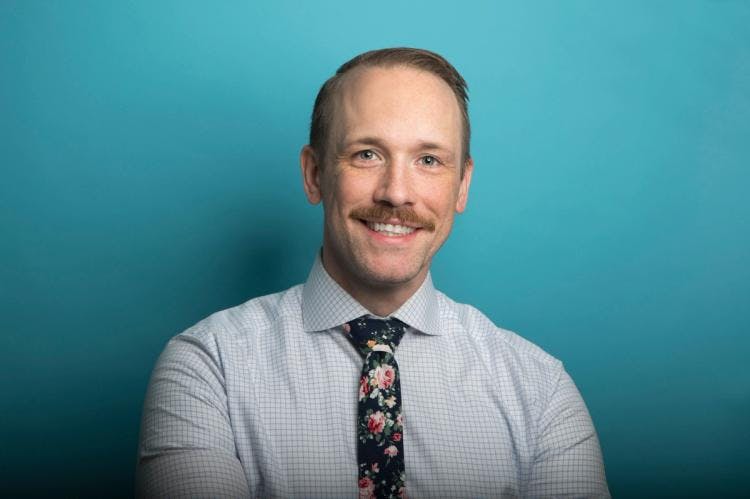


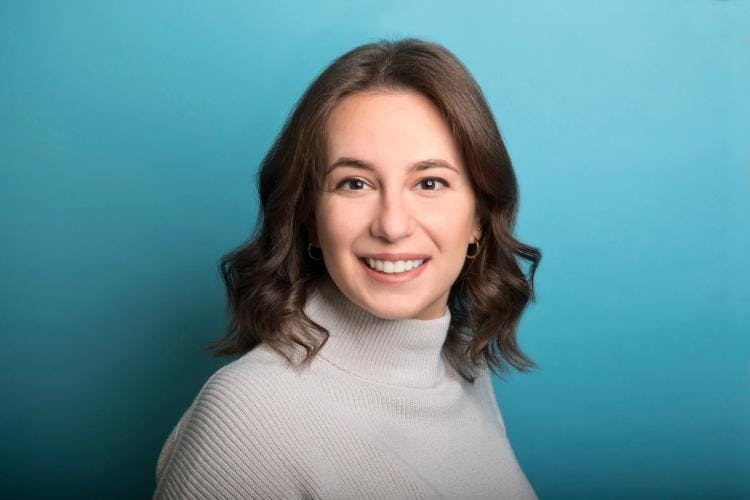


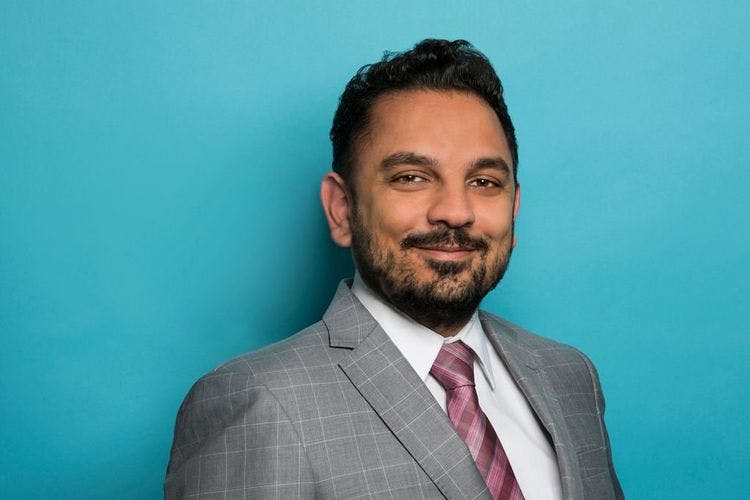
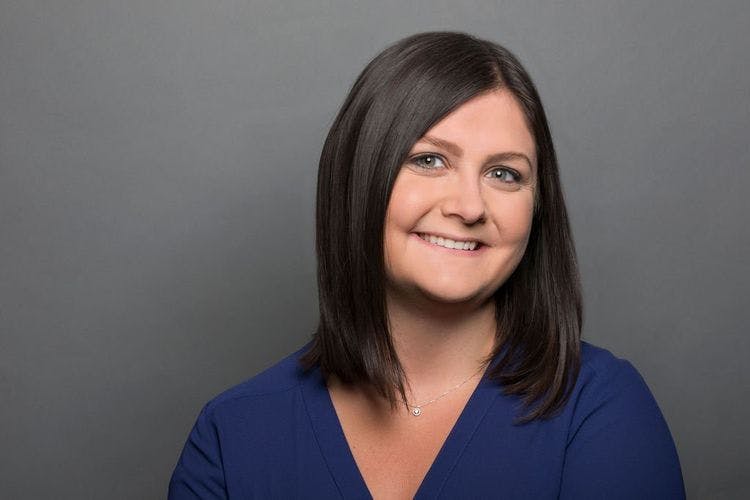




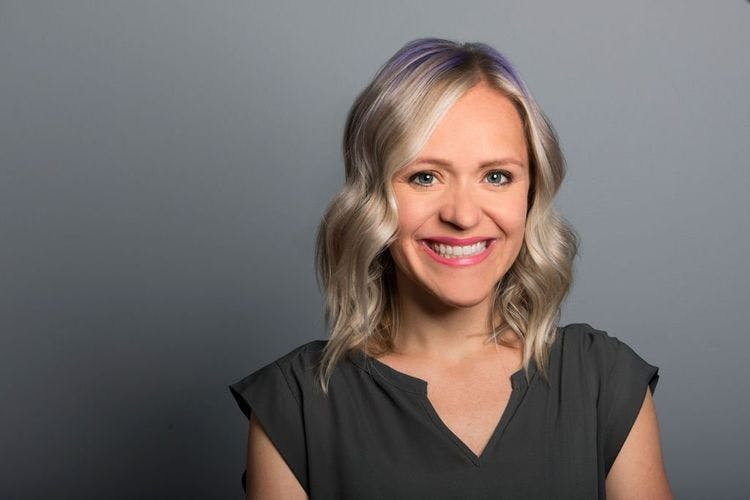
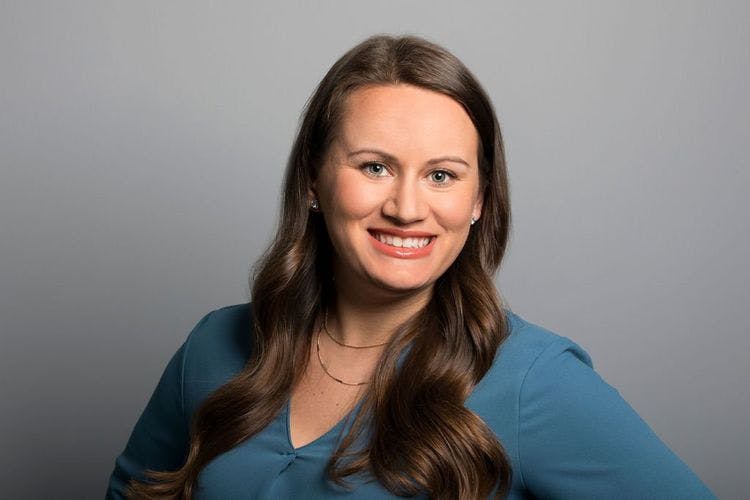




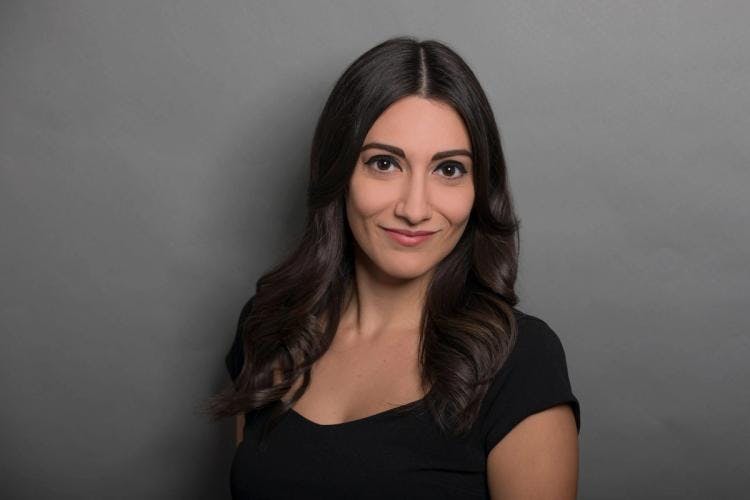






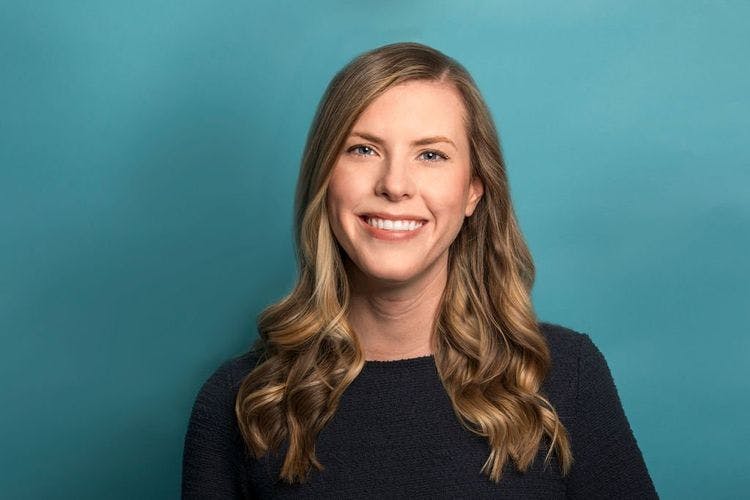
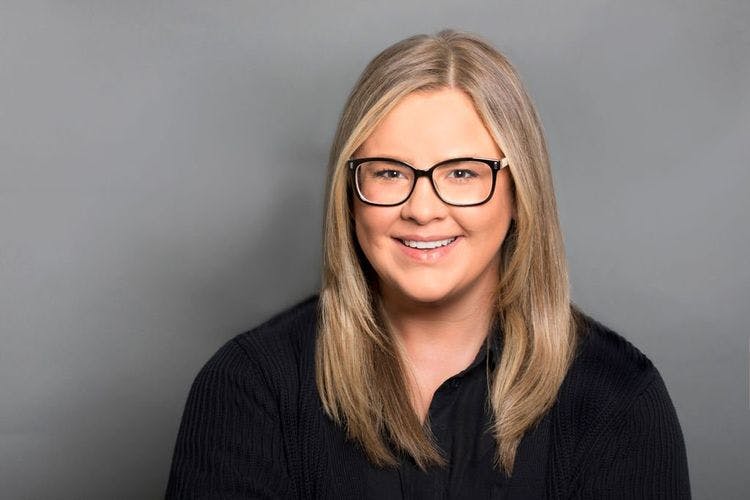

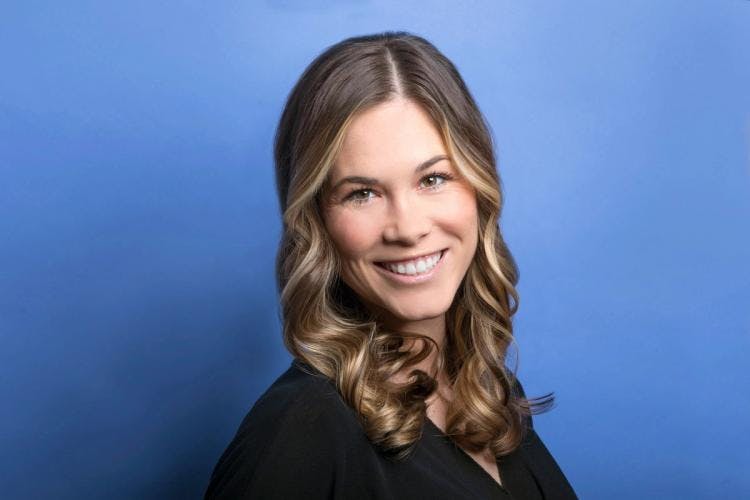
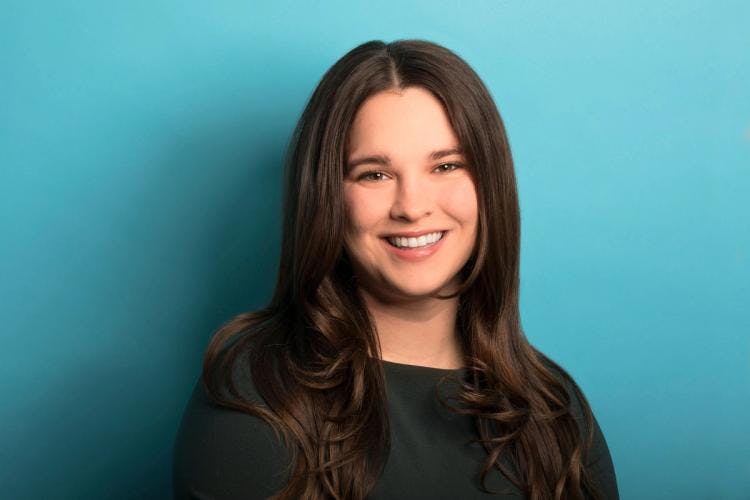




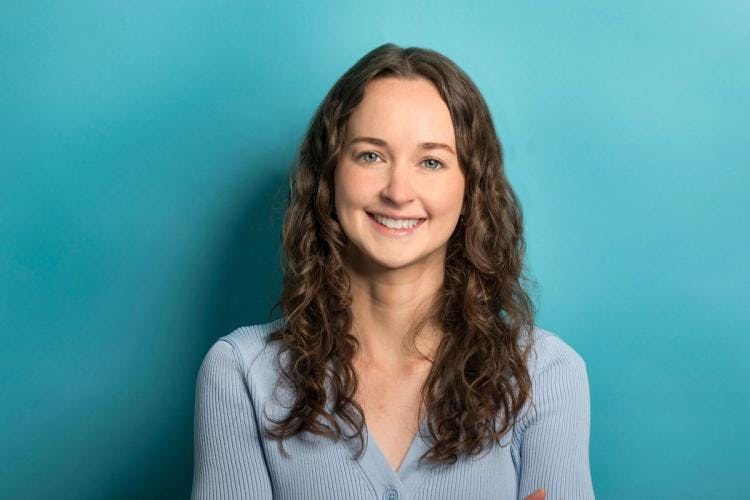



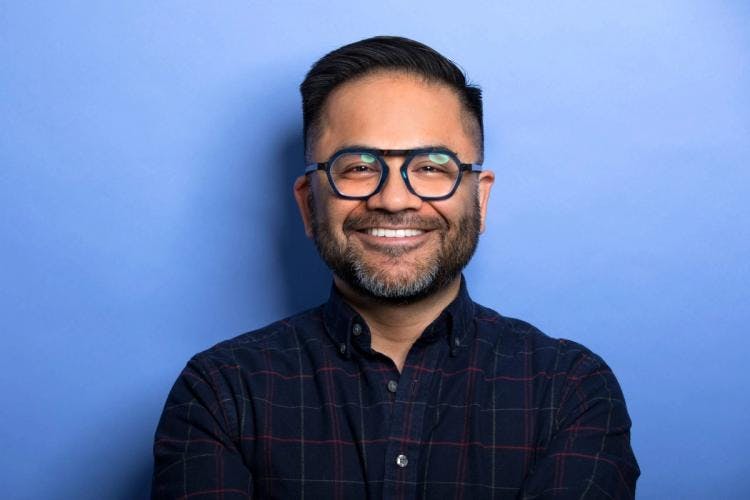

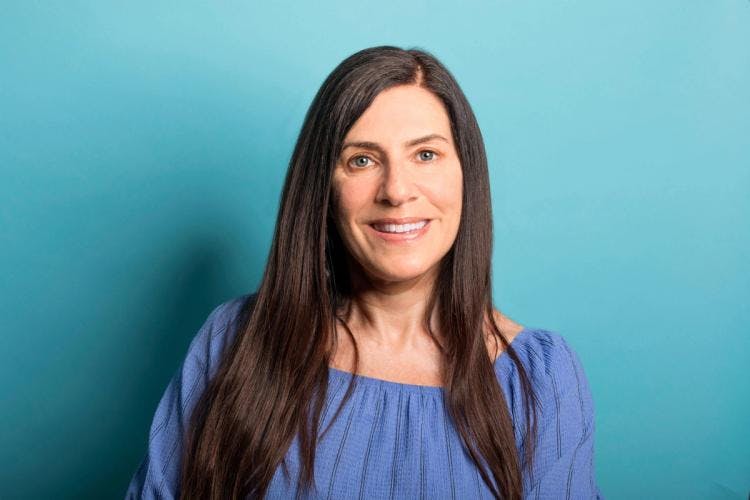

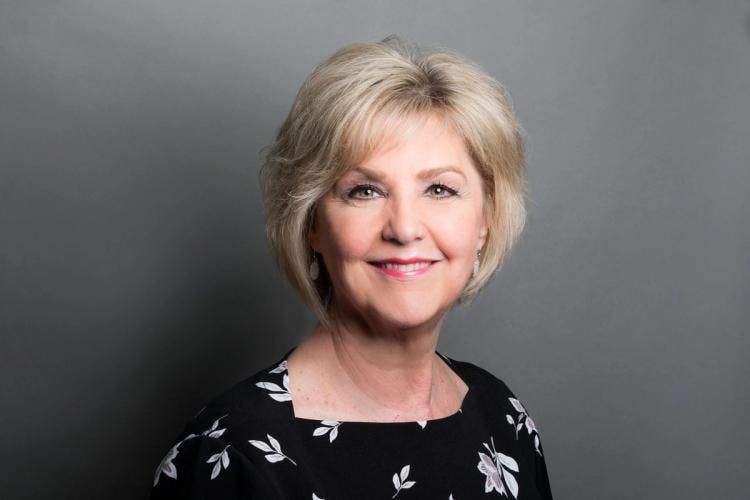



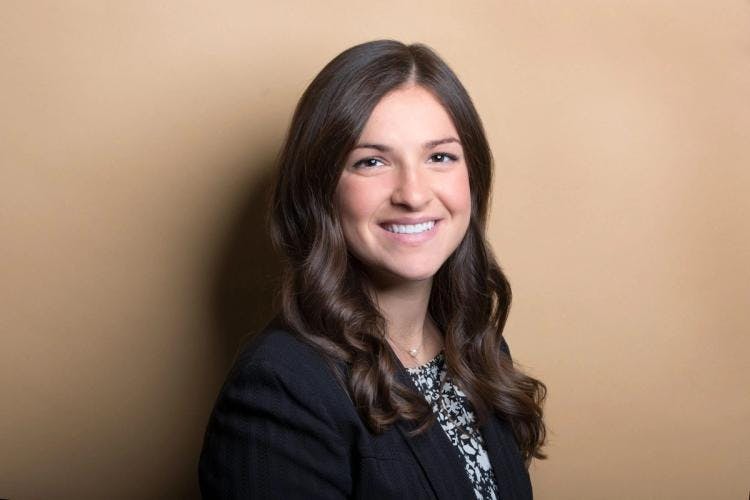


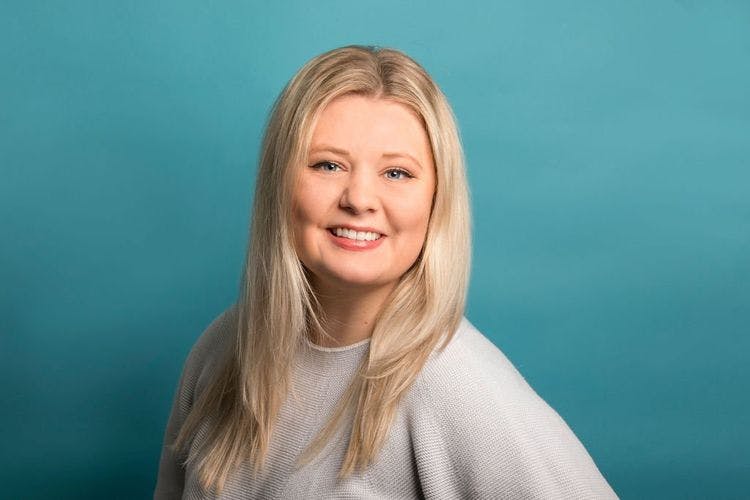
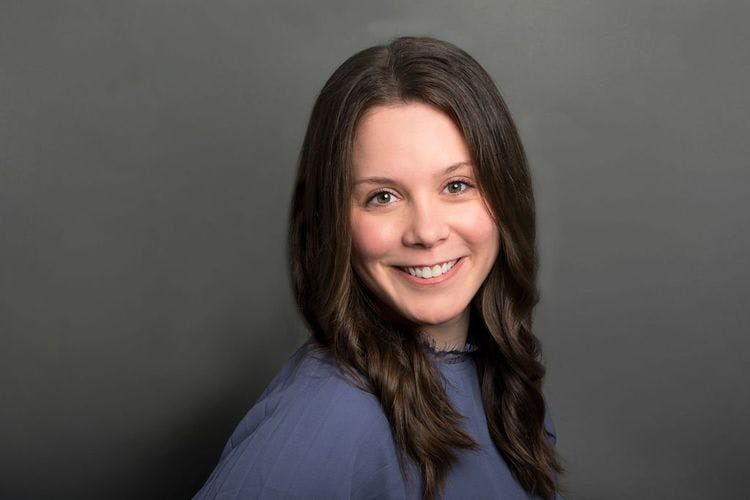

Our Services
Virtual/Online CarePHP and IOPAdult PsychiatryChild & Adolescent PsychiatryAdult TherapyChild & Adolescent TherapyCouples CounselingFamily TherapyGroup TherapyPsychological TestingTranscranial Magnetic Stimulation (TMS)